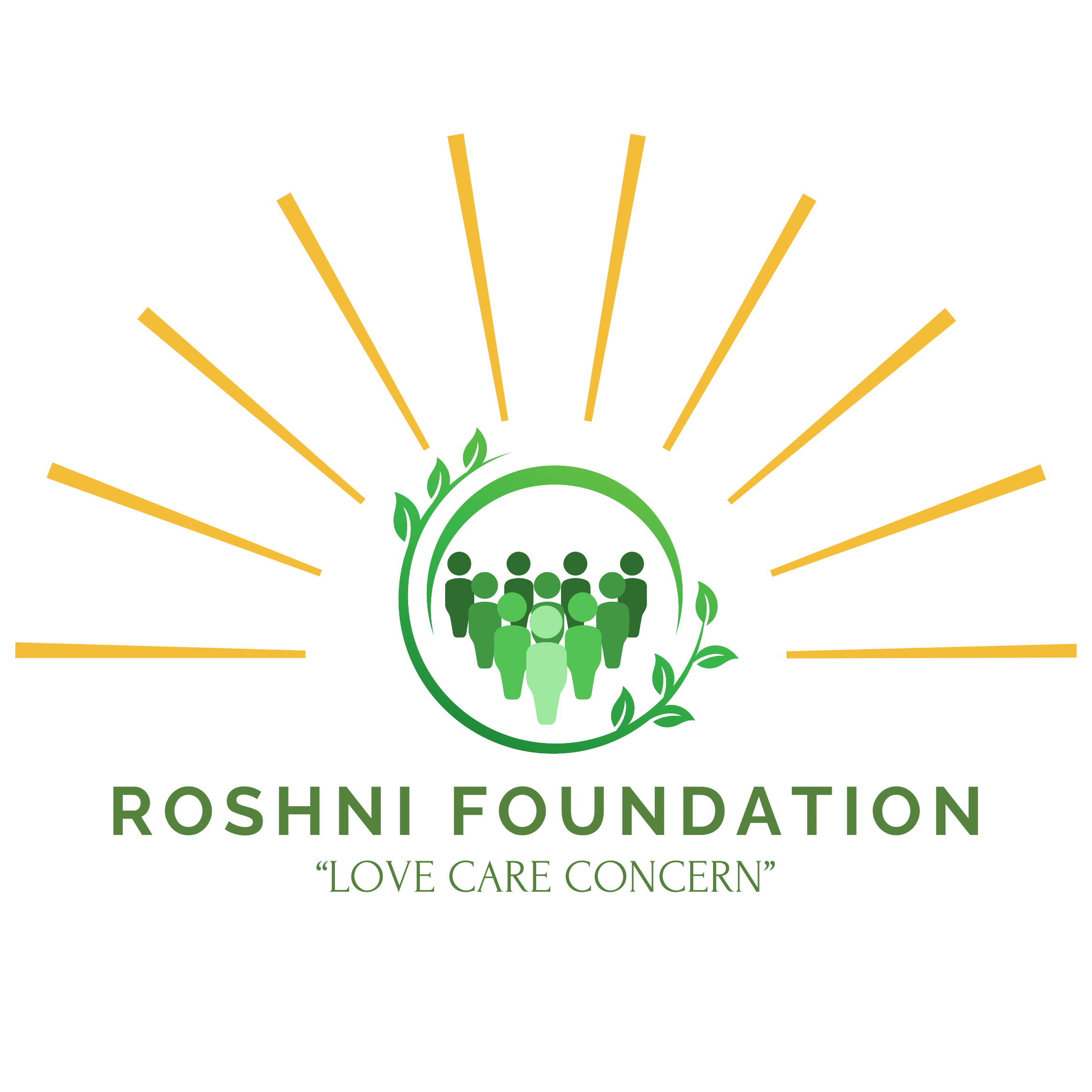Addiction is a complex and deeply personal struggle, but what makes it even more challenging for many individuals is the presence of a co-occurring mental health disorder. Known as dual diagnosis, this combination of substance abuse and a mental illness, such as depression, anxiety, PTSD, or bipolar disorder, affects millions worldwide. At Roshni Foundation, we believe that dual diagnosis recovery is essential for lasting healing and sustainable sobriety.
When only one condition is treated, the other often undermines the entire recovery process. That’s why it is vital to understand the importance of addressing both mental illness and substance abuse simultaneously through an integrated approach to dual diagnosis recovery.
What Is Dual Diagnosis?
Dual diagnosis refers to a condition in which an individual experiences both a substance use disorder (SUD) and a mental health disorder. These conditions often fuel one another—people with untreated mental health issues may turn to drugs or alcohol as a form of self-medication, while substance abuse can worsen or even trigger mental health problems.
Recognising the presence of both conditions is the first step in effective dual diagnosis recovery. Without proper treatment for both, relapse becomes highly likely and true recovery becomes difficult.

Why Dual Diagnosis Is Often Overlooked
In many traditional treatment settings, addiction and mental health issues are treated separately, often by different providers. This fragmented approach can delay or complicate recovery. One of the main reasons dual diagnosis recovery is so critical is that it offers a unified, comprehensive plan to treat both conditions together.
At Roshni Foundation, we emphasise complete integration—our clinical and therapeutic teams collaborate to address all aspects of the individual’s health. This not only shortens the time to stability but also dramatically reduces the risk of relapse.
The Link Between Mental Health and Addiction
There’s a strong and scientifically backed connection between mental health disorders and addiction. For example:
-
People with depression are twice as likely to develop a substance use disorder.
-
Anxiety disorders are common among individuals who misuse alcohol or benzodiazepines.
-
PTSD is highly prevalent in those with opioid or stimulant addiction.
In such cases, dual diagnosis recovery must be approached holistically. Treating addiction without managing the underlying mental illness leaves a person vulnerable to recurring cycles of relapse and emotional distress.

The Benefits of Dual Diagnosis Recovery
Here are several key benefits of following a structured dual diagnosis recovery plan:
-
Targeted Therapy
Dual diagnosis recovery involves specialized therapies like Cognitive Behavioral Therapy (CBT) and Dialectical Behavioral Therapy (DBT), which help individuals understand the connections between their thoughts, emotions, and behaviors. These methods are effective in managing both addiction and mental health symptoms. -
Reduced Risk of Relapse
People who only treat one condition often find themselves in relapse because the untreated issue remains a trigger. Dual diagnosis recovery reduces this risk by stabilizing both aspects of the person’s health. -
Improved Emotional Stability
Addressing mental health through medication, counseling, and peer support enables individuals to feel emotionally grounded, making it easier to resist cravings and avoid high-risk situations. -
Strengthened Support Systems
Programs focused on dual diagnosis recovery often include family counseling and peer groups tailored to people facing the same challenges. These connections help reduce isolation and foster accountability. -
Greater Self-Awareness and Insight
When individuals understand how their mental health influences their addictive behaviors (and vice versa), they’re better equipped to manage both. This awareness is a cornerstone of successful dual diagnosis recovery.
Treatment Elements of a Dual Diagnosis Recovery Program
At Roshni Foundation, our dual diagnosis recovery programs are comprehensive, compassionate, and personalised. The key elements include:
-
Psychiatric Assessment and Medication Management
A proper diagnosis and balanced medication plan are critical to regulating mood, anxiety, or other symptoms that may drive addiction. -
Individual and Group Therapy
Sessions are designed to address core issues like trauma, grief, self-esteem, and distorted thinking that affect both mental health and substance use. -
Integrated Case Management
Each individual receives guidance through all aspects of recovery—from medical care and therapy to housing and vocational support. -
Relapse Prevention and Aftercare Planning
Long-term dual diagnosis recovery requires continuity. Aftercare services ensure support even after initial treatment is completed. -
Holistic Approaches
Yoga, meditation, mindfulness, and art therapy are incorporated to promote emotional regulation, reduce stress, and boost self-expression.
Recognising Signs That Dual Diagnosis Treatment Is Needed
It’s important to recognise when dual diagnosis recovery is the right course of action. Warning signs include:
-
Using drugs or alcohol to cope with emotional pain or anxiety
-
A history of trauma or undiagnosed mental health issues
-
Extreme mood swings, paranoia, or hallucinations during substance use
-
A pattern of repeated relapse after previous treatment
If any of these are present, seeking help from a centre specialising in dual diagnosis recovery is not just advisable—it’s critical.
Challenges in Dual Diagnosis Recovery
While it is highly effective, dual diagnosis recovery also presents challenges. These include difficulty in diagnosing both conditions accurately, stigma around mental illness, and a lack of integrated treatment facilities.
However, centres like Roshni Foundation are actively working to bridge these gaps by offering dedicated programs and a multidisciplinary team trained in both mental health and addiction recovery.
Conclusion
Dual diagnosis recovery is a vital component of effective, long-term healing for individuals facing both mental illness and substance abuse. Ignoring one condition in favour of the other often results in repeated setbacks. At Roshni Foundation, the best rehab centre in dehradun, we’re committed to treating the whole person—mind, body, and spirit. Our integrated, personalised programs ensure that each individual receives the support they need to overcome both challenges and move forward into a healthier, substance-free life.

